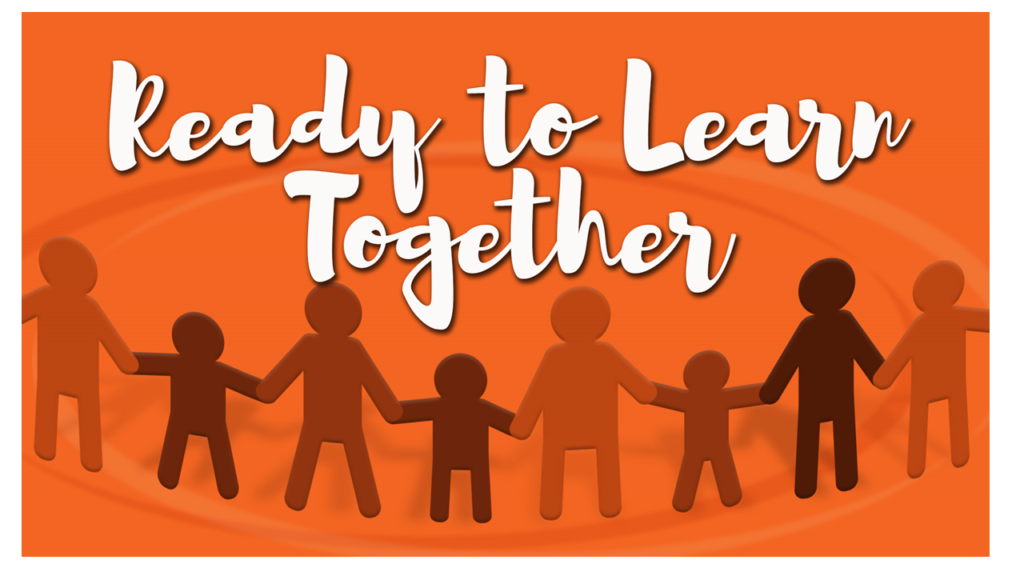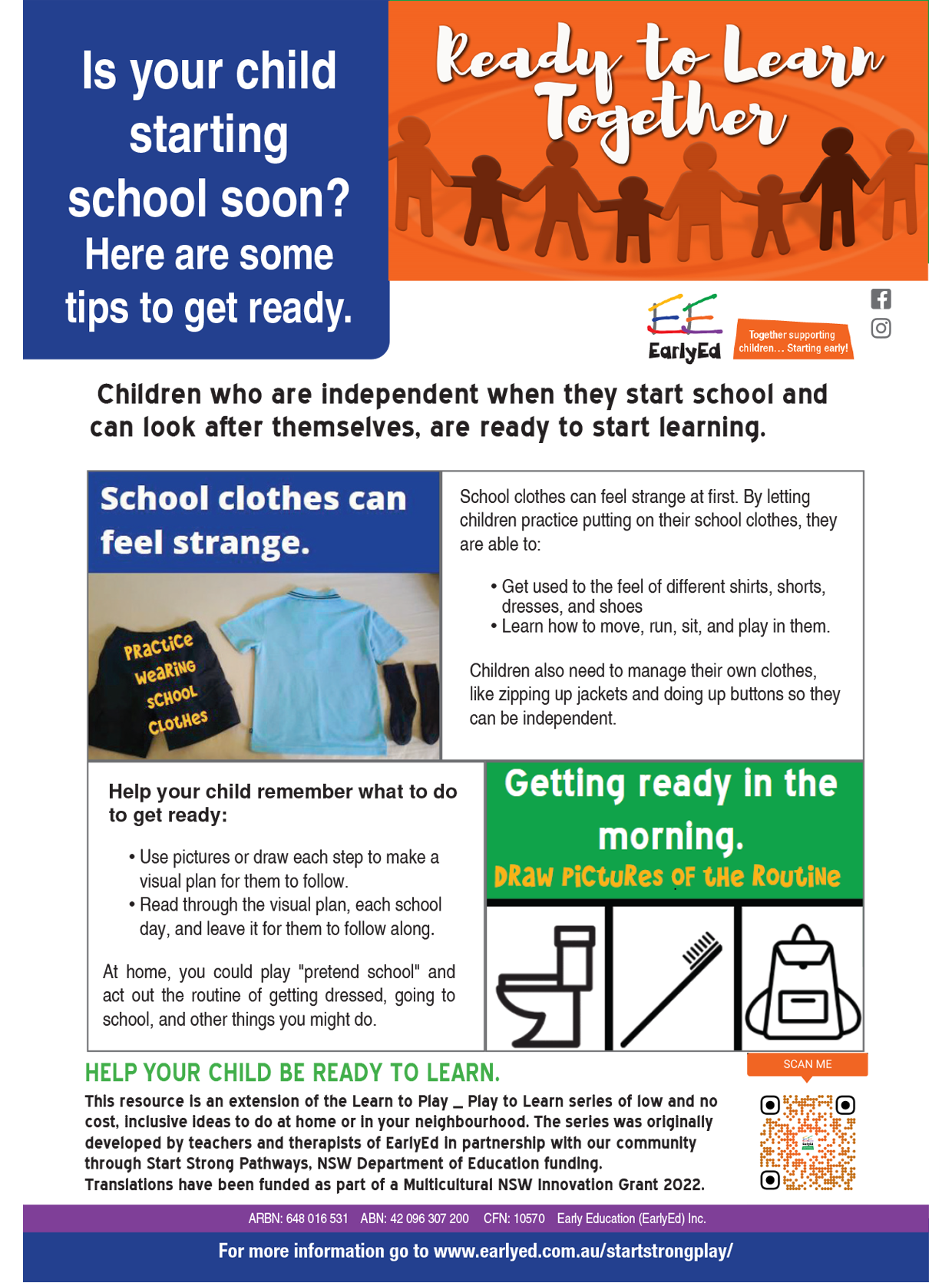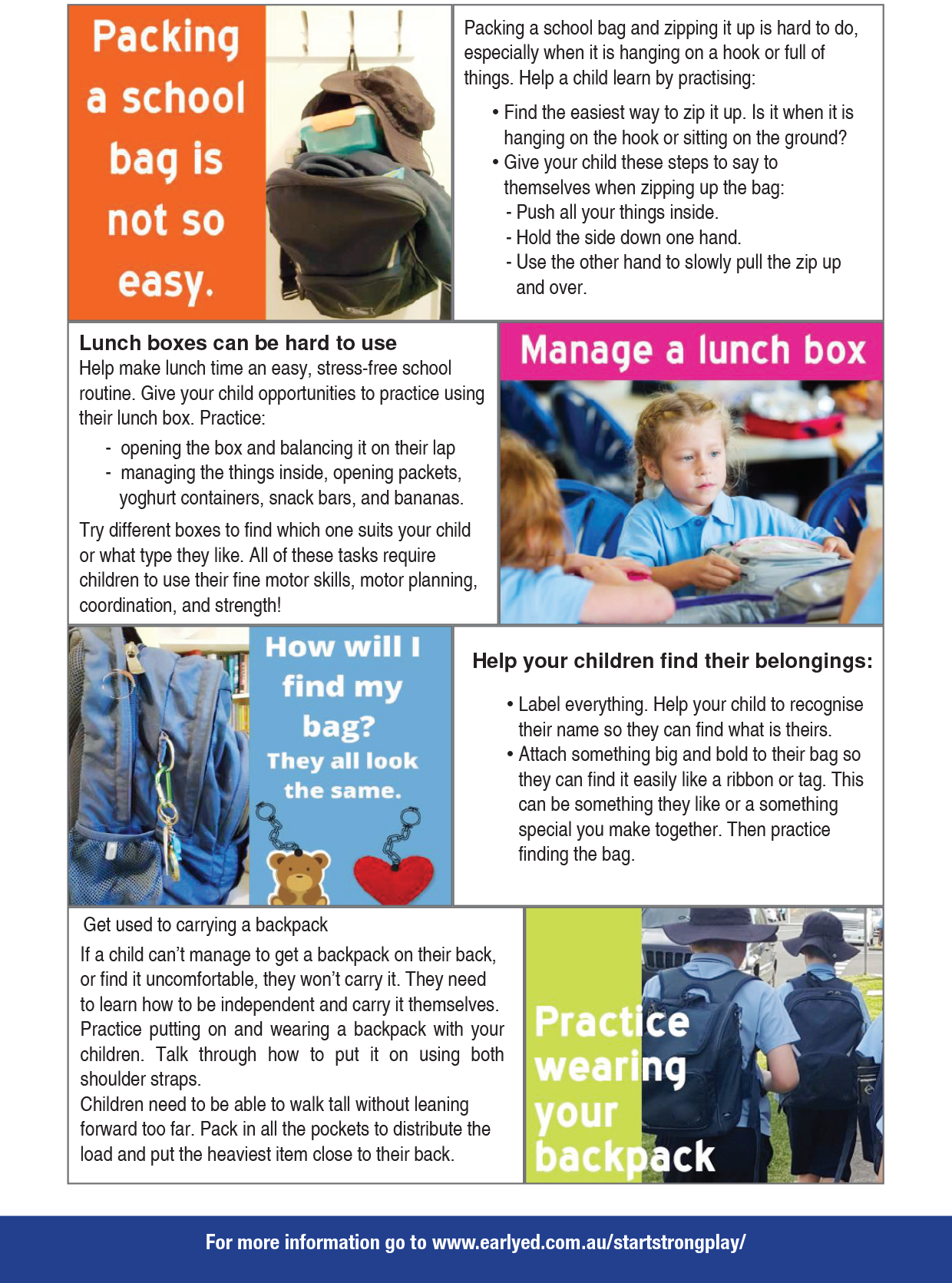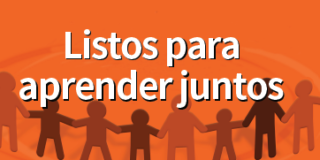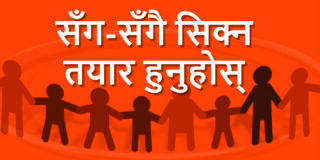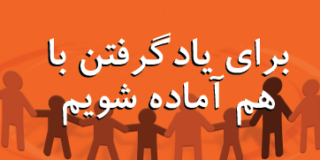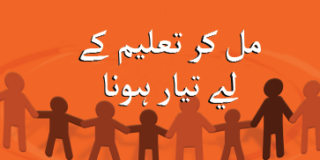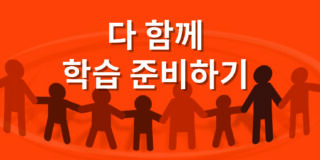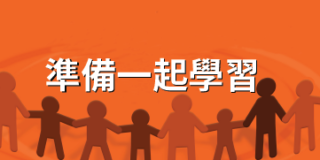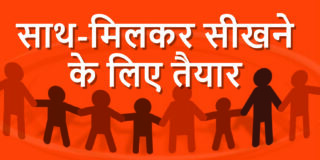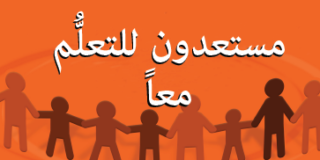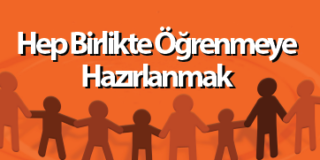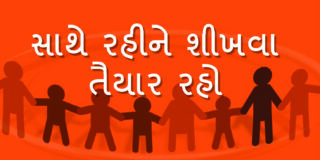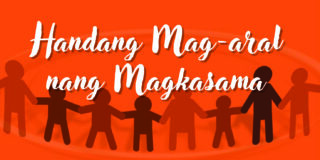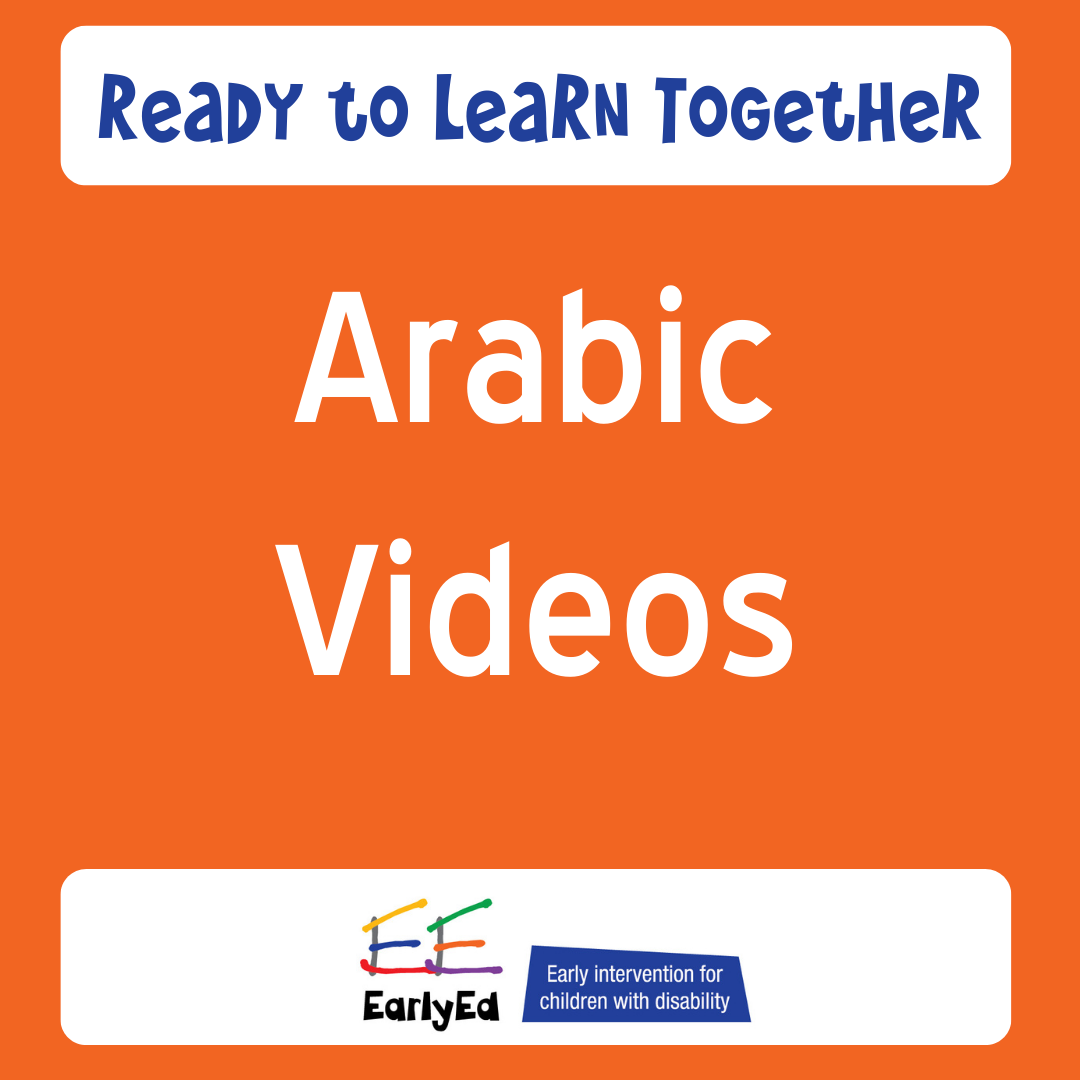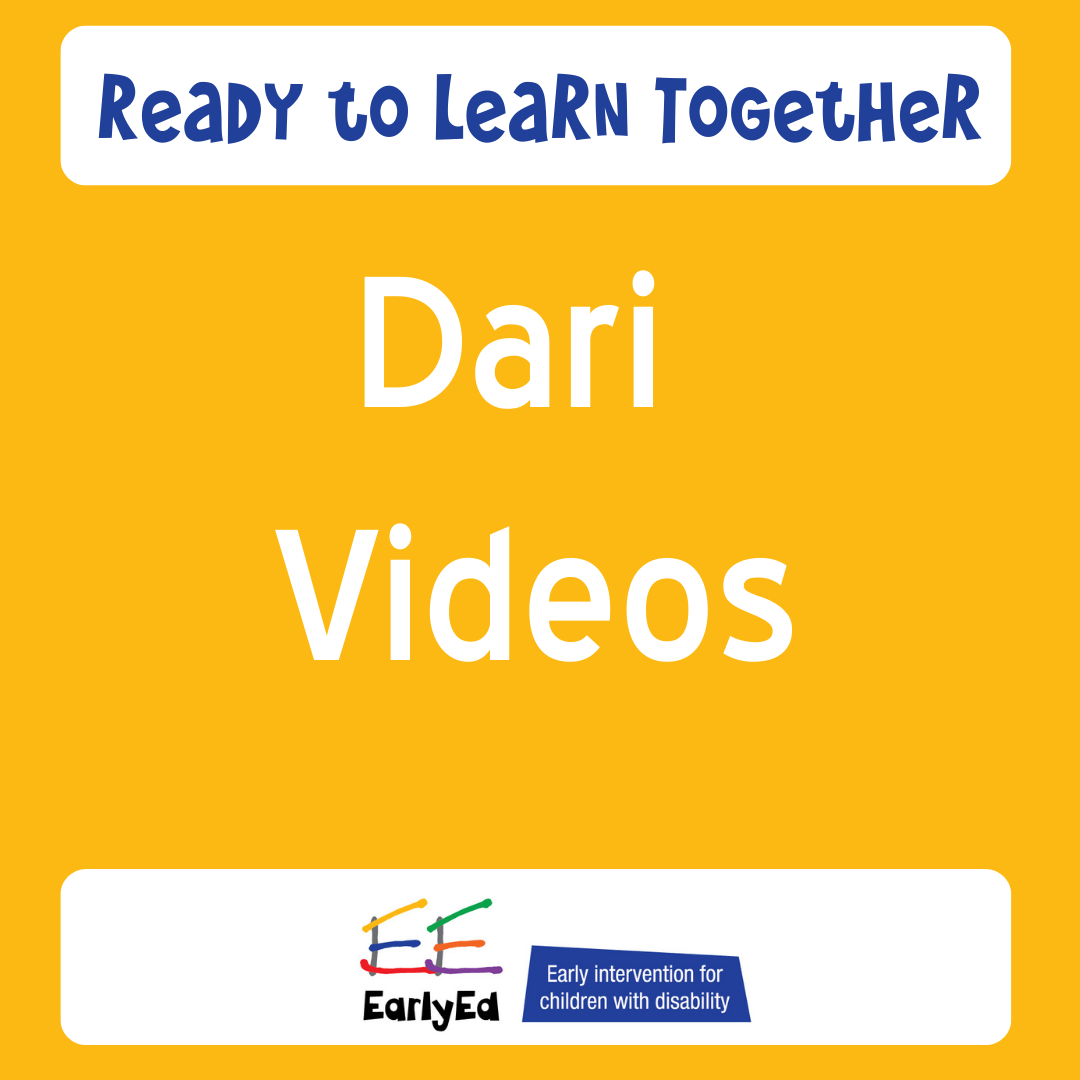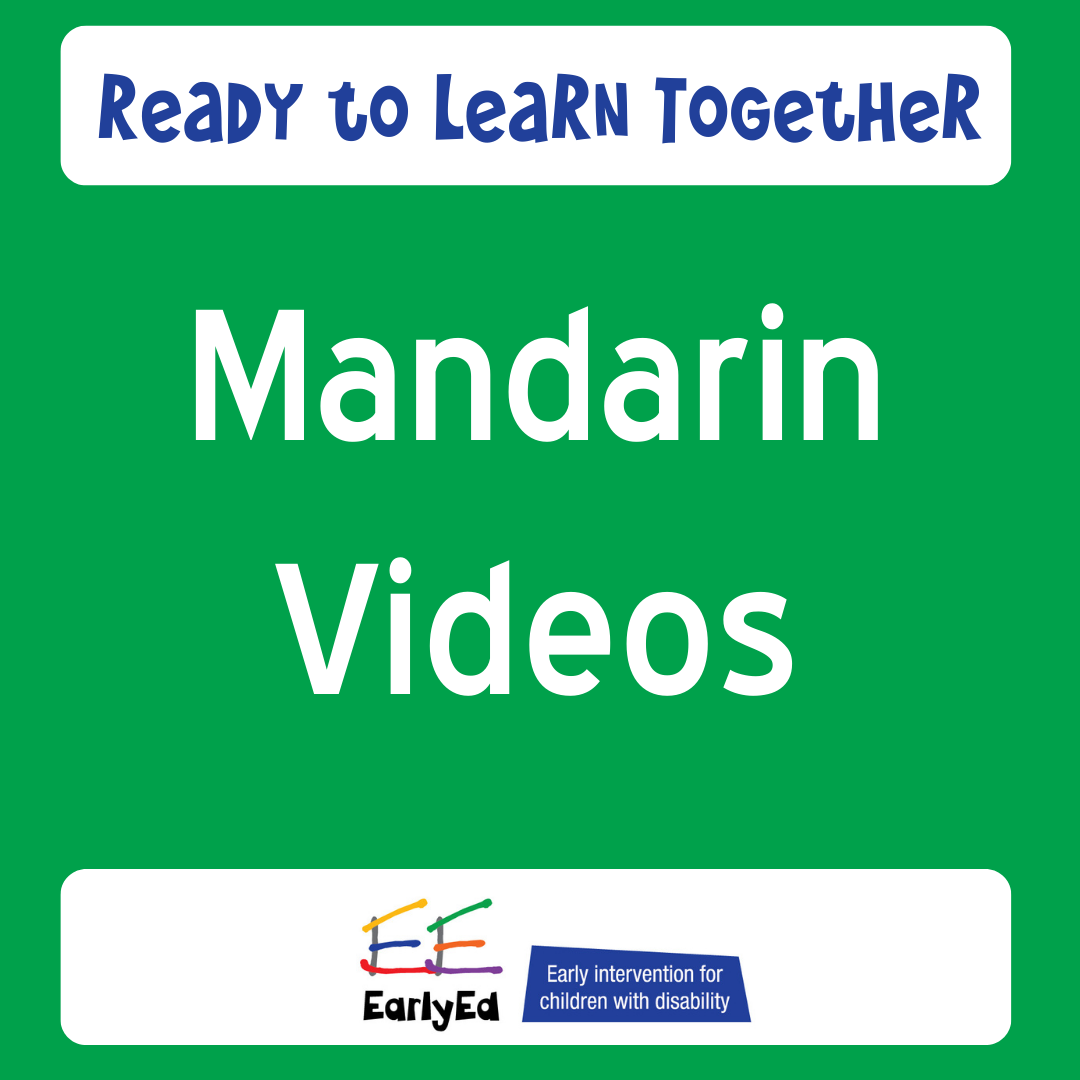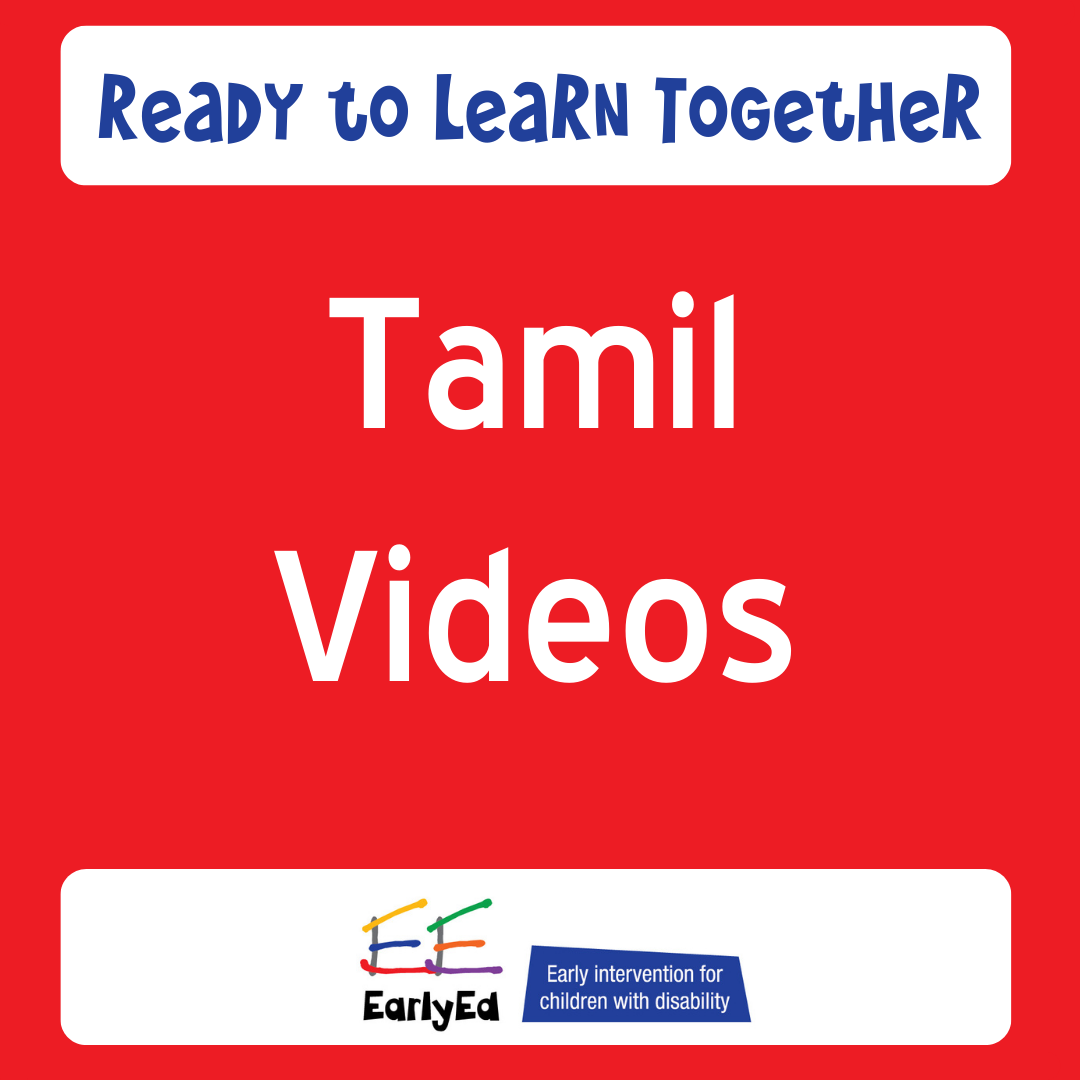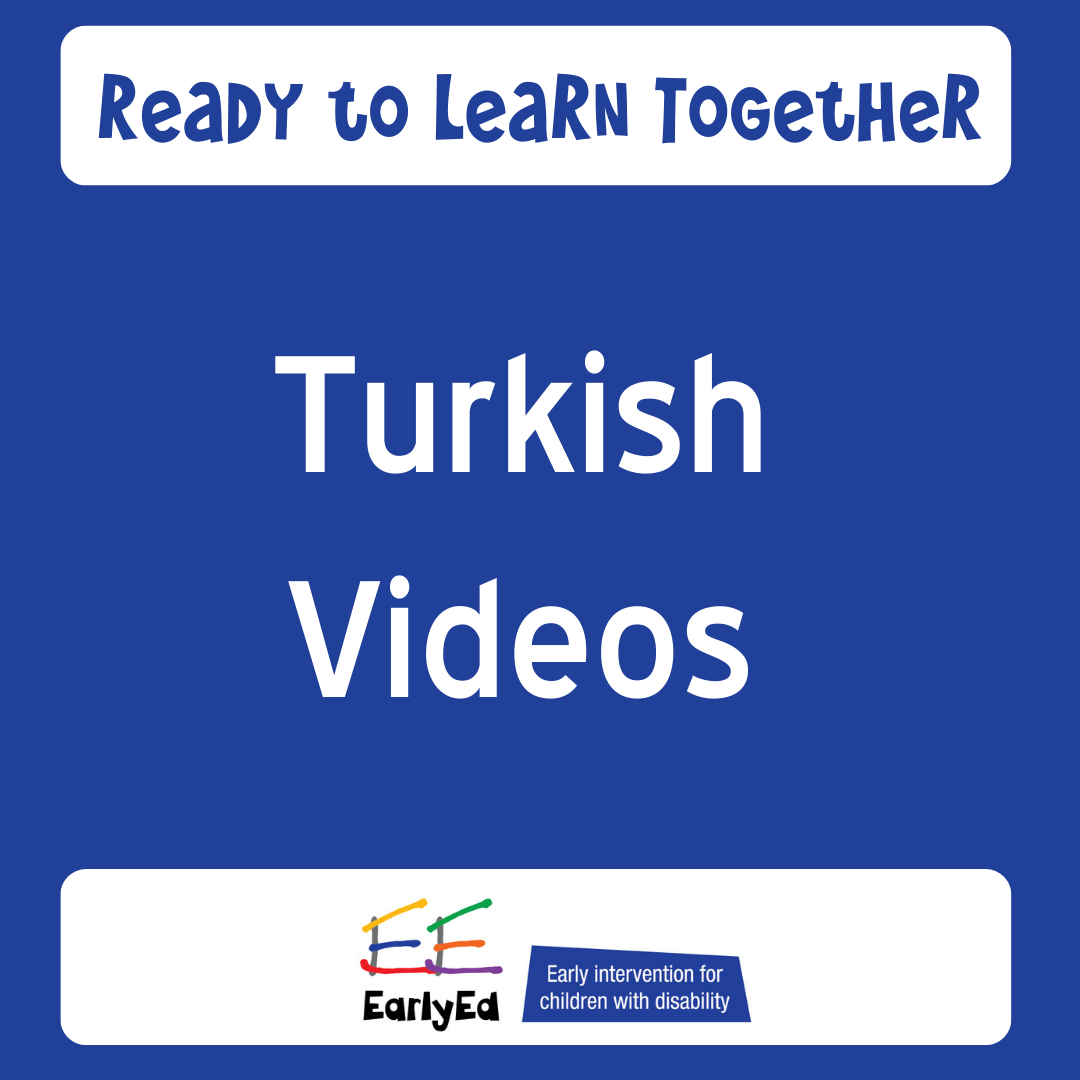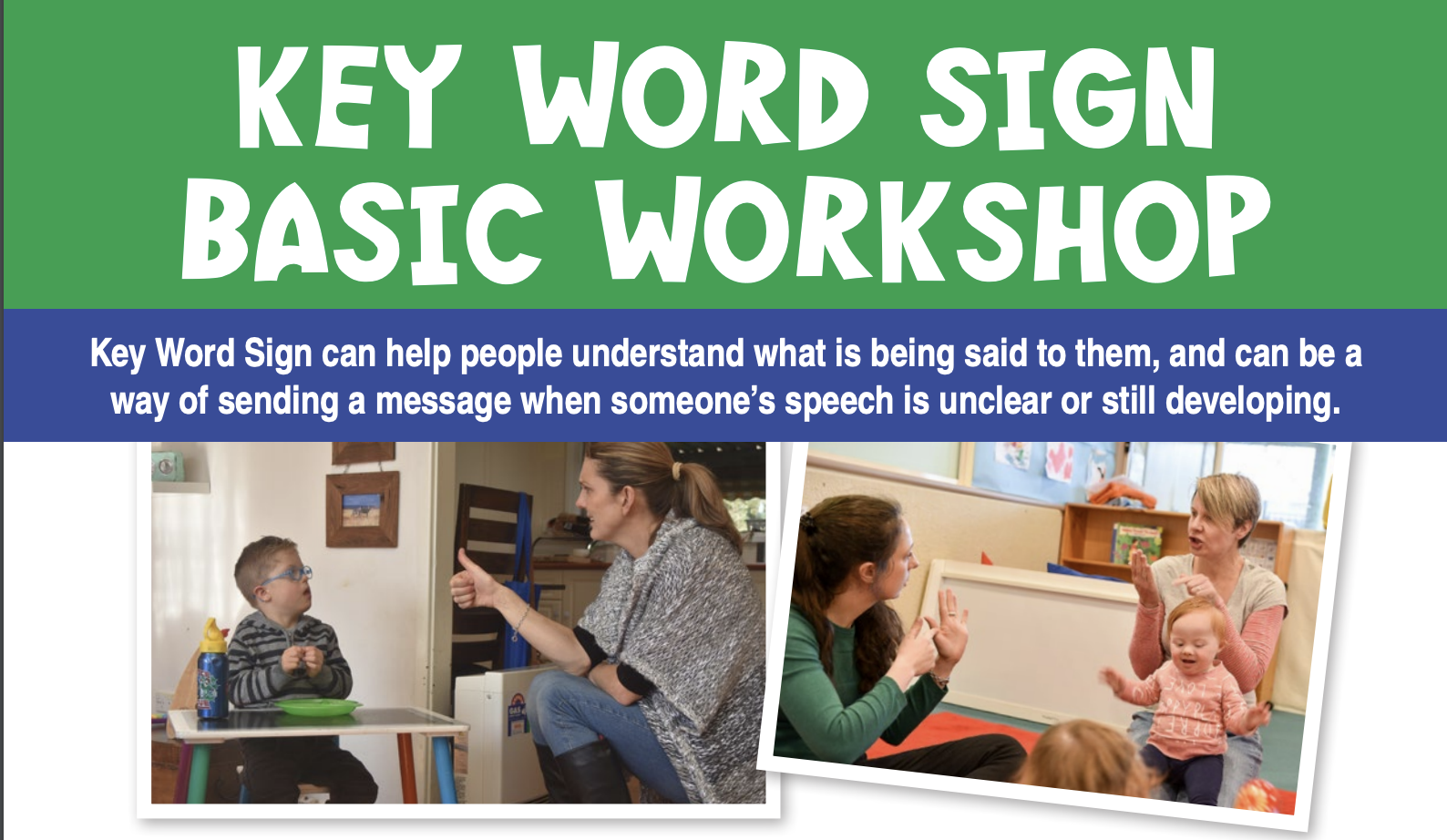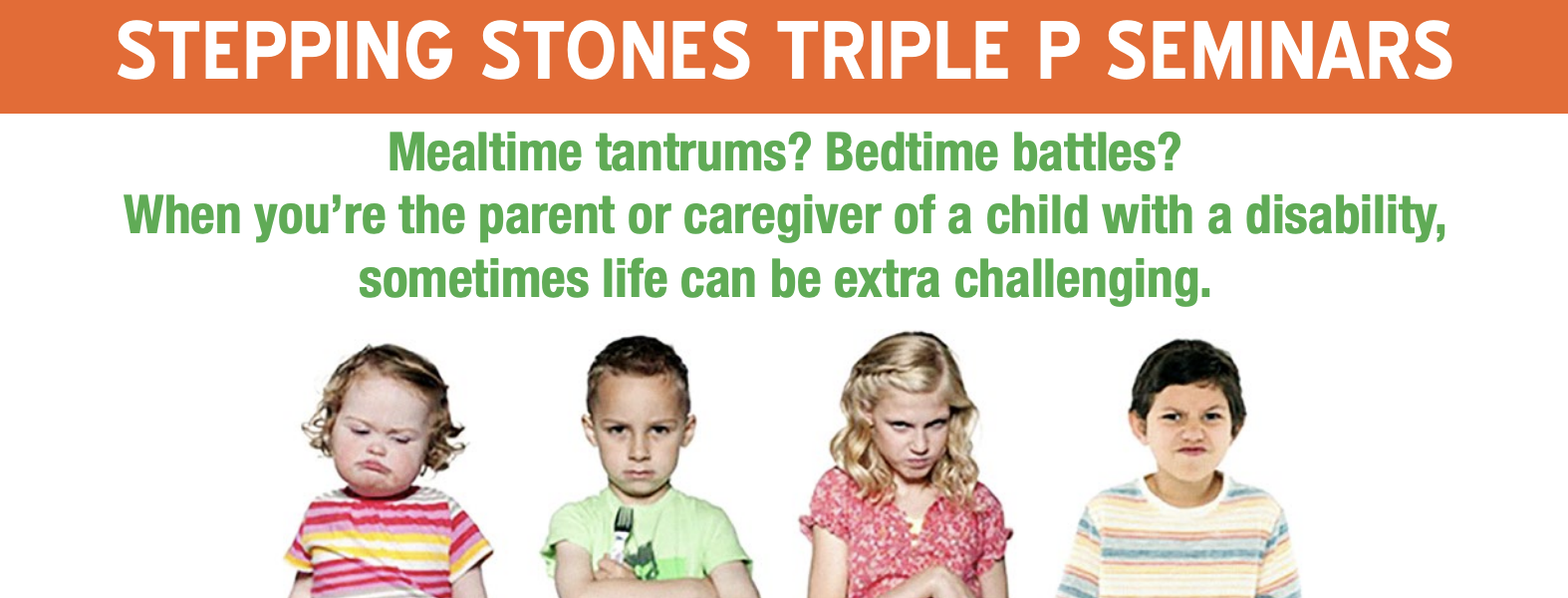Ready To Learn Together

Is your child starting school soon?
Look at our tips for parents and families to help your child have a smooth start.
These Ready to Learn Together videos and handouts resources are translated into many languages. Find out ways to help your child be ready for learning and to start school.
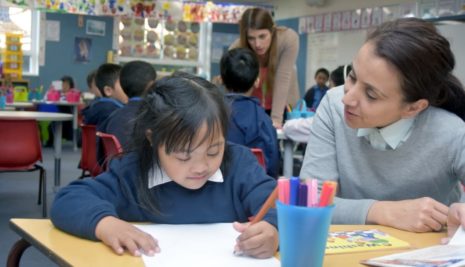
These resources have been put together by a team of teachers, early childhood intervention practitioners and parents. They explain how you can help your child to learn how to:
- be independent
- ask for help and
- look after their belongings.
They tell us how much are children helped to be ready to start school if they:
- visit their new school before they start
- take part in their school’s orientation sessions and
- have been involved with playgroups, childcare or preschool.
They also tell us that parents who take part in playgroups, childcare or preschool and school orientation sessions become more confident about how to help their child be ready for school.
Download our handouts and watch the videos. We hope they are helpful.
If you need more information about what to for your child we suggest you talk to someone at your local school.
Other Resources
There are resources out there, to help families get ready for the start of school, including translated material, but they are sitting on lots of different websites. To help families have access to all these resources we have brought links to this information together, all in one place.
Click here for a list of translated resources in many languages.
The Education Department has great resources for parents particularly the Getting Ready for Primary School Booklet and this Supporting the Transition to School webinar.
The Raising Children Network has many ideas to support your pre-schooler to learn.
If you find other resources, please email us at info@earlyed.com.au so we can share them with others.
"It was great to be at the launch of the EarlyEd transition to school resource. It is such an exciting project and really valuable resource. I will definitely be getting the word out to the communities I support." Ramani Regis, City of Parramatta Council.
Video In Languages
Resources
When a child starts school there is so much for them to get used to. A child who is prepared for school settles into routines and learning more easily. They can then just focus on learning what their teachers are teaching them.
When a parent knows what happens at school, they feel more comfortable about how their child will manage at school.
Watch out for the valuable ideas shared by your local schools and groups as they reach out and offer you and your child opportunities to get ready for school.
How To Use the Ready to Learn Together Resources
You will find here videos and fact sheets that share key messages for families.
Tips For Starting School
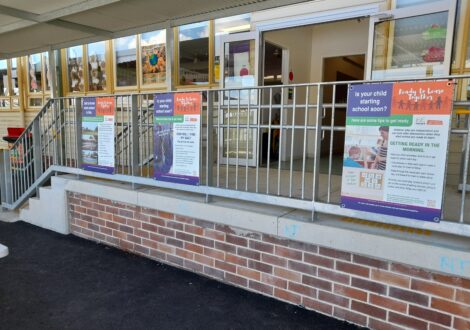
PRINTED RESOURCES
Individual Tips – Handouts / Posters
Click on each button/icon to download tip sheets with practical ideas when starting school.
Summary Handout of Practical Ideas in Multiple Languages
Click on the handout image below to download a summary of practical ideas when starting school. Click on each language for the handout translation.
English
VIDEO RESOURCES
Click on the icon to view a range of short videos on this topic or scroll down to see the collection of videos.
Video In Languages
Videos In English
Making Friends
The school playground is different
Social skills in games
Making friends at school
Taking turns
Skills to start school
Asking For Help
Ask for help
Being Independent
Get your child involved in self-care routines
Teach your child independence through routines
Building core strength
Building confidence in different environments
Building confidence before school
Practising new skills at home
Knowing What School is Like
Orientation
Teacher feedback
Explore schools early
Orientation transitions children to school
Going to parks
Routines of kindergarten
Becoming familiar with school
Helping Your Child be Ready for School
Fine motor skills
NDIS ECEI
Playgroups or childcare?
Books
Get your child involved in reading before school
Concerns before child starts school
Take advantage of this “golden time”
Orientation is important
Orientation for children and families
Learning Through Play
Playing
Skills children learn through play
Children learn and play at playgroup
Play skills at the park
Encourage practising new things
Reach Out to Families of Young Children
Starting school is a major step for all children. This project has led to the creation of resources that families can use to support their young child’s readiness for school. We know that children who start school ready to learn have better educational outcomes. Schools and community groups recognise that not all children have the opportunities to be as prepared as they need to be. By using these resources the community will be better able to reach out to the families. This grant has created resources to be used by the community to reach out to the families so they can give their child school readiness opportunities.
To change the educational outcomes for children in multicultural communities, targeted and culturally appropriate early intervention approaches are required. These children are educationally behind (increased by COVID-19) due to identified family vulnerabilities of literacy, digital skills, language, income, disability and social connection. Many of these children are starting school not ready, with no formal early childhood experiences or services to managed delays in development or disability.
A report released since the start of this grant further highlights the impacts on a group that has already been identified as needing targeted support.
“The latest release shows that while COVID-19 and lockdowns have impacted on children’s development, particularly in relation to the language and cognitive skills domain, the impact may not be as significant as we may have expected. The impact, however, does not appear to have been evenly felt, with larger increases in developmental vulnerability seen for Aboriginal and Torres Strait Islander children and children living in the most disadvantaged areas of Australia.”
CELA Blog post, April 7, 2022.
About EarlyEd’s Multicultural NSW “COVID-19 Innovation Grant”
The grant that created Ready to Learn Together involved a partnership of local schools, community groups, early childhood services and services delivering early childhood intervention and provided the opportunity to:
- come together,
- consider the needs of local children,
- shares ideas about how to support children
The group recognises the challenges local families face in understanding the school system and how to support their children. They are in a position to get information to family members in a way that will have a real impact.
As a result, the grant has created information:
- in the formats and languages that can reach parents and
- shares key messages they have identified as being important.
There is more to learn. There is more to do.
The finish date for this grant, unfortunately, occurs at the time parents can really make a difference to school starters (the last 6 months before school starts i.e. July to January). This year, the community will have access to more resources to use as they reach out to families. Schools will have new posters, videos in various languages, postcards, and social media material to share.
Community groups, preschools and childcare services will have material to use with the parents of younger children. This will encourage them to prepare their child for their school future over a longer period.
The risk of a short-term grant is short-term impact. To manage this risk, EarlyEd is committed to creating resources for long-term impact and value. It is also committed to making sure knowledge about this resource is widely shared and used.
There is a longer-term project to undertake recordings in more languages and organise more translations. We need feedback from families about how they used the information and its value. We need to follow up with community groups to find out if the information and formats met their needs and the needs of the families in their community.
Grant partners
A key focus of EarlyEd’s programs for over 40 years is supporting families through the process of transitioning their children to school and supporting children to be as ready as possible. The many partners we currently work and have worked with over the years have informed our practices and increased our knowledge about how best to support families. By codesigning our approach to this grant and jointly determining key messages, we have brought together local knowledge and extensive community expertise. We thank our key contributors who represent a wide range of community services, for their ideas, commitment and for facing the camera!
Even though our partners are based in Cumberland Area, Western Sydney, the resources will have applicability across a wide range of communities. Every community has a family who is unsure about how and when to support their child, is newly arrived in the community or prefers information in their first language.
